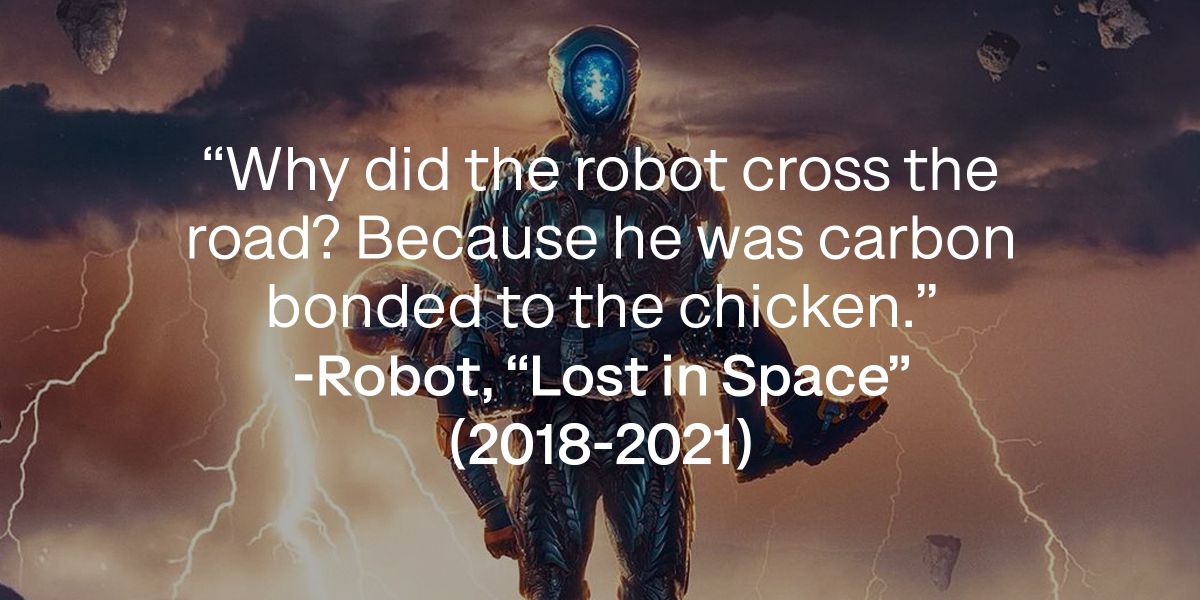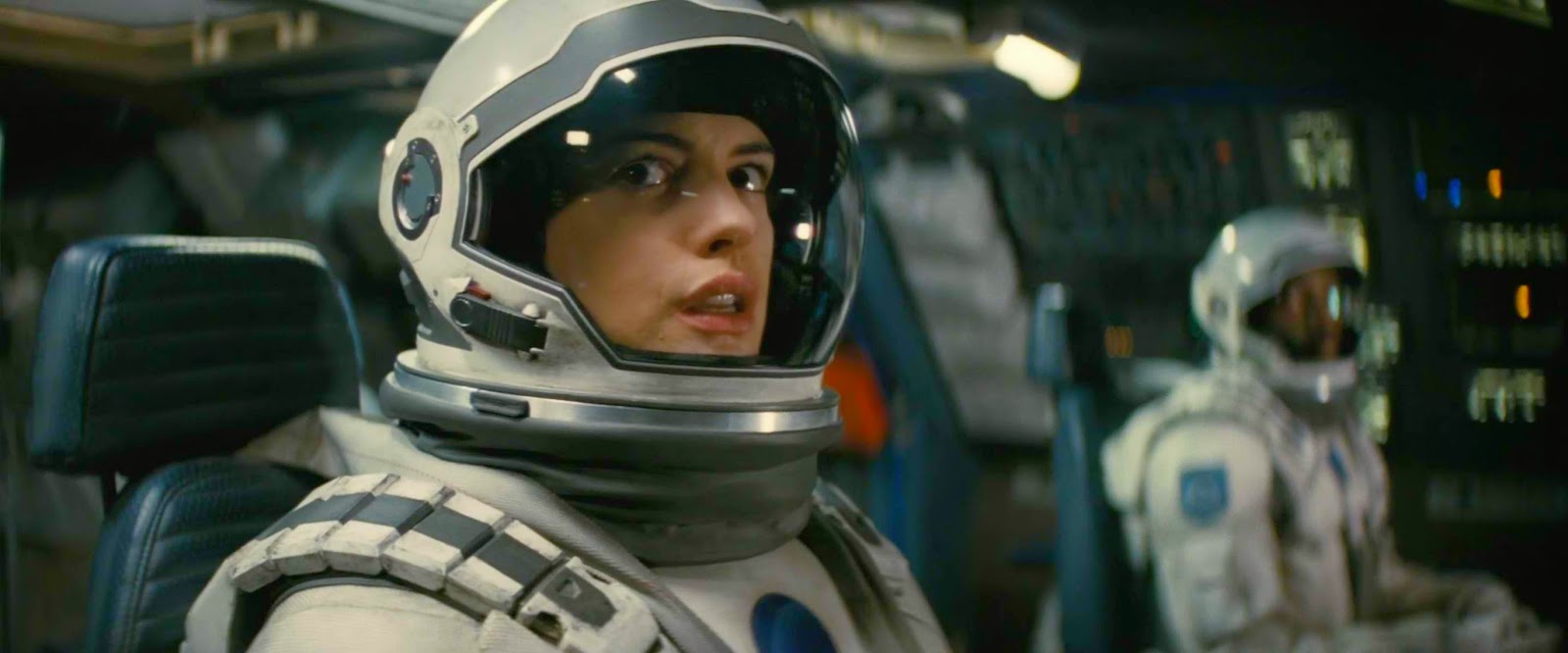Misplaced in Area: A Deep Dive into the Emotional and Philosophical Panorama of "Interstellar"
Associated Articles: Misplaced in Area: A Deep Dive into the Emotional and Philosophical Panorama of "Interstellar"
Introduction
With nice pleasure, we are going to discover the intriguing subject associated to Misplaced in Area: A Deep Dive into the Emotional and Philosophical Panorama of "Interstellar". Let’s weave fascinating data and supply contemporary views to the readers.
Desk of Content material
Misplaced in Area: A Deep Dive into the Emotional and Philosophical Panorama of "Interstellar"
Christopher Nolan’s "Inception" captivated audiences with its mind-bending narrative, nevertheless it was his subsequent movie, "Interstellar" (2014), that actually launched him into the stratosphere of cinematic ambition. Greater than only a area opera, "Interstellar" is a poignant exploration of humanity’s relationship with time, love, and the unwavering pursuit of survival within the face of existential risk. Watching "Interstellar" is not nearly witnessing spectacular visuals; it is about embarking on an emotional journey that resonates lengthy after the credit roll.
The movie plunges us right into a near-future Earth ravaged by blight, a devastating crop failure that threatens humanity’s very existence. Cooper (Matthew McConaughey), a former NASA pilot turned farmer, struggles to offer for his kids, Murph (Mackenzie Foy, then Jessica Chastain, and later Ellen Burstyn), Tom (Timothée Chalamet, Casey Affleck), and the ever-present specter of a dying planet. This preliminary setup instantly establishes the movie’s central battle: the determined have to discover a new house for humanity.
The narrative then catapults us into the vastness of area, as Cooper discovers a secret NASA mission spearheaded by Professor Model (Michael Caine), a superb however enigmatic scientist. This mission includes navigating a wormhole close to Saturn, a cosmic shortcut to doubtlessly liveable planets orbiting a distant galaxy. The stakes are impossibly excessive: the survival of humanity rests on the shoulders of a small crew, every grappling with their very own private sacrifices and the crushing weight of accountability.
One of many movie’s most compelling features is its exploration of the complicated relationship between Cooper and Murph. Their bond transcends the standard father-daughter dynamic; it turns into a strong metaphor for the enduring nature of affection and the sacrifices we make for these we cherish. Their communication throughout huge distances of area and time, facilitated by the manipulation of gravity and quantum entanglement, types the emotional core of the movie. It is a testomony to the enduring energy of human connection, even when separated by lightyears and many years.
The movie masterfully makes use of time dilation – an idea from Einstein’s concept of relativity – to amplify the emotional influence of separation and sacrifice. Whereas years go on Earth, solely a fraction of that point elapses for Cooper and his crew on their interstellar journey. This creates a poignant dissonance, highlighting the irreversible passage of time and the painful penalties of extended absence. The getting older of Murph, juxtaposed in opposition to Cooper’s comparatively slower getting older, underscores the profound emotional toll of the mission and the agonizing selections made within the title of survival.
Past the emotional core, "Interstellar" delves into complicated scientific ideas, weaving them seamlessly into the narrative. Whereas not at all times scientifically correct in each element, the movie’s dedication to scientific plausibility provides a layer of mental depth that elevates it past a typical science fiction journey. The depiction of black holes, wormholes, and the manipulation of gravity is visually gorgeous and, regardless of some liberties taken for dramatic impact, grounded sufficient to really feel plausible inside the context of the story. This mix of scientific accuracy and cinematic spectacle is a trademark of Nolan’s filmmaking model.
The movie’s visuals are breathtaking. The vastness of area, the swirling nebulae, the imposing presence of black holes – all rendered with gorgeous realism – contribute considerably to the movie’s immersive high quality. The sound design is equally spectacular, creating a way of awe and surprise, whereas additionally emphasizing the isolation and vulnerability of the characters within the face of the unknown. The rating by Hans Zimmer, with its haunting melodies and highly effective crescendos, additional enhances the emotional resonance of the movie, completely complementing the visuals and narrative.
Nonetheless, "Interstellar" is just not with out its criticisms. Some viewers discover the scientific explanations overly simplified or sometimes contradictory. Others argue that the emotional weight of the movie is sometimes uneven, with sure plot factors feeling rushed or underdeveloped. Regardless of these criticisms, the movie’s ambition and its willingness to deal with profound philosophical questions, reminiscent of the character of time, the bounds of human understanding, and the enduring energy of affection, make it a really outstanding cinematic achievement.
The movie’s ending, whereas open to interpretation, leaves an enduring impression. The decision, whereas providing a way of hope, additionally leaves a lingering sense of melancholy, reflecting the inherent sacrifices and losses which might be an inevitable a part of the human expertise. The cyclical nature of the narrative, with Cooper finally returning to a future formed by his previous actions, suggests the interconnectedness of time and the enduring affect of our selections.
Watching "Interstellar" is an expertise that transcends mere leisure. It is a journey into the depths of human emotion, a contemplation of our place within the universe, and a testomony to the enduring energy of hope within the face of seemingly insurmountable odds. It is a movie that calls for a number of viewings, every revealing new layers of which means and prompting additional reflection on the complicated themes it explores. The movie’s lasting influence lies not solely in its gorgeous visuals and compelling narrative but additionally in its potential to impress profound thought and emotional engagement, making it a really unforgettable cinematic expertise. It is a movie that stays with you, prompting contemplation lengthy after the credit roll, a testomony to its enduring energy and its place as a contemporary traditional of science fiction cinema. The questions it raises about survival, sacrifice, and the character of affection proceed to resonate, making certain its continued relevance and appreciation for years to return. The sheer scale of ambition, mixed with the intimate portrayal of human relationships, makes "Interstellar" a really distinctive and rewarding cinematic expertise. It is a movie that deserves to be watched, mentioned, and revisited for its enduring energy to maneuver and encourage. Finally, "Interstellar" is not only a film; it is an expertise.








Closure
Thus, we hope this text has supplied precious insights into Misplaced in Area: A Deep Dive into the Emotional and Philosophical Panorama of "Interstellar". We admire your consideration to our article. See you in our subsequent article!


